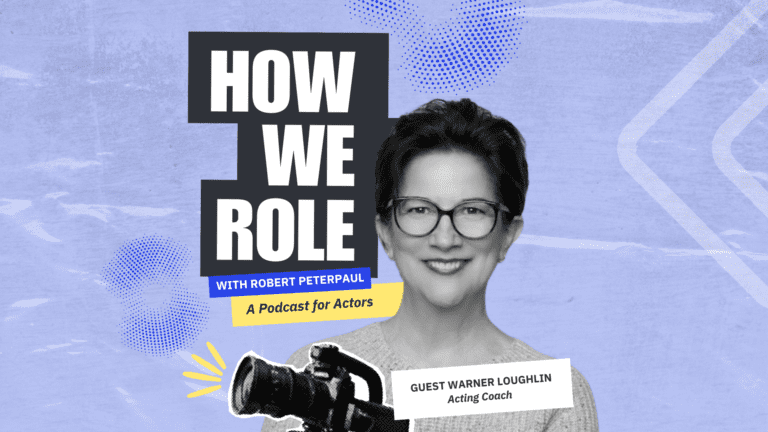Audiobook narration is in and of itself an entire career, with practices and training unique to this niche industry. If you’re an actor new to the audiobook game and looking for a place to start, here are some tips to help you find your footing.
Insights: Tips for Promoting Your Audiobook Work
- Engage with the audiobook community for opportunities and industry knowledge
- Define your vocal style to attract suitable narration projects
- Record and share diverse, high-quality voice samples to demonstrate your narration skills
Thinking about joining Casting Networks? Sign up for a free trial today!
Connect to the Audiobook Community
Find ways to connect with other narrators in your city (and beyond). Online groups or networking events are great places to build relationships, share tips and resources, and stay up to date with industry trends. Word of mouth can also be a great way to land gigs, connect with engineers and studios and find classes that will help you grow as a narrator.
Pitch Your Narration Niches
While this may evolve, it’s never too early to start defining your pitch. Just as actors need to know their “type,” narrators need to know their vocal equivalent. For example, a pitch I used recently reads as follows: “As an audiobook narrator, podcast radio play and commercial voiceover talent, I specialize in YA (young adult) teenaged protagonists, gritty sardonic anti-heroes, a wide range of European and American accents, sultry or vampy women, vocal fry and cartoonish character voices of all ages. My voice is naturally of a medium pitch with a neutral Midwestern accent.”
If you don’t know where to start, start with a description of your natural voice, and then start paying attention to the kinds of projects you get called in for, or the kinds of genres you think suit your voice best. You can add and adjust as you gain more experience.
Cultivate a Variety of Quality Voiceover Samples
As you narrate new projects, try to pull samples that showcase your best work (shorter is better). You want them to be quality edited samples that showcase different genres, voices or dialects you specialize in, action sequences, etc. If you narrate both fiction and non-fiction, make sure to have some of each. These can be featured on your website, casting profiles or ACX (Audiobook Creation Exchange run by Amazon). If you don’t yet have a body of work to pull from, record a few sample passages.
When you label them, it’s helpful to feature descriptions before titles. For example: “Thriller Action Sequence – Nowhere to Run by Author McAuthor.”
Don’t Over-promise Your Clients
Remember, anything you put on your narrator’s resume or website might be called upon for the duration of a novel. Being able to do a Scottish accent as an actor in a scene or play is very different from being able to narrate in a Scottish accent for 600 pages. Don’t promise anything you can’t follow through on.
Cast a Wide, But Thoughtful Net
The more casting profiles and websites you can feature yourself on, the better. That being said, subscriptions can get pricey, so prioritize what free advertising you can, and be choosy about what you’re paying for, especially if you don’t have an agent’s help.
If you’re absolutely brand new and not sure if audiobook narration is for you, practice. Try reading aloud from books you already have. Record yourself and listen for vocal tics and areas for growth. Remember, recording sessions will be at least 4-6 hour blocks, so building stamina and clarity is essential. At the very least, you’ll start learning more about your voice. There is no one path to success. Chart the course that suits you.
You may also like:













